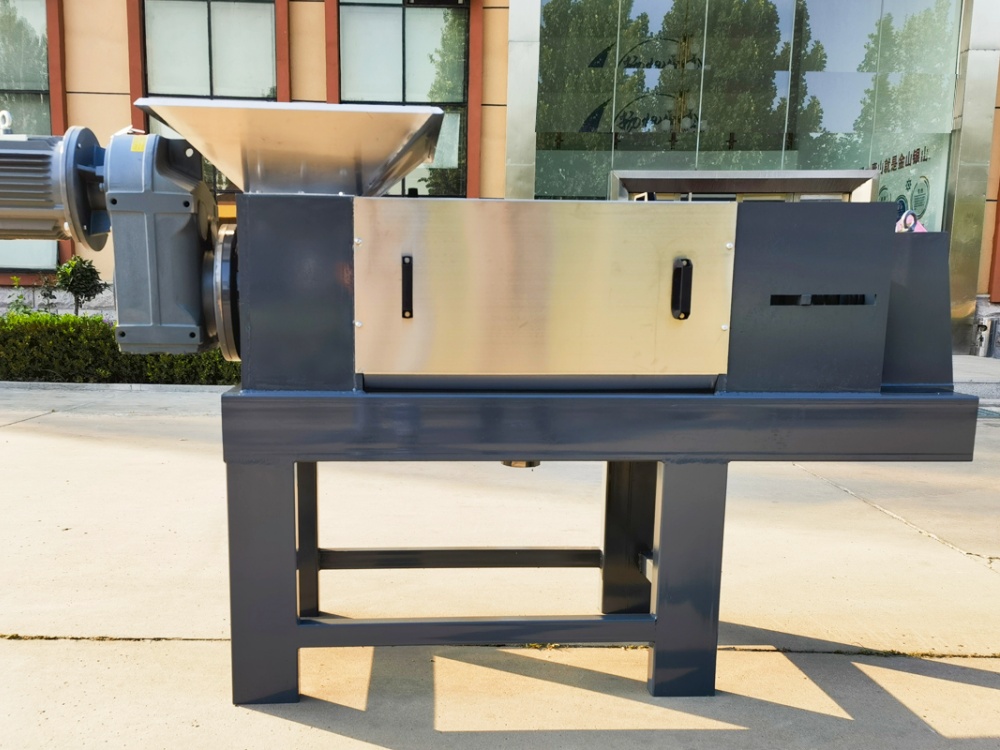
Introduction:
The selection of a screw press dewatering machine is a crucial decision for various industries, including wastewater treatment, food processing, and sludge management. This article outlines key factors to consider when choosing a screw press dewatering machine.
Capacity and Throughput:
Assess the volume of sludge or material that needs to be processed daily. Choose a screw press with a capacity that meets or exceeds your requirements.
Dewatering Efficiency:
Evaluate the machine's dewatering efficiency in terms of moisture content reduction. High-performance screw presses typically achieve better dewatering results.
Material Compatibility:
Consider the type and characteristics of the material to be processed. Ensure that the screw press is designed to handle the specific sludge or substance, taking into account its viscosity, solids content, and abrasive properties.
Maintenance Requirements:
Opt for a machine with low maintenance requirements to minimize downtime. Look for features such as automatic cleaning systems and easy access to key components.
Footprint and Installation Space:
Evaluate the available space for installation and the overall footprint of the screw press. Choose a compact design that fits your facility's layout without compromising performance.
Energy Consumption:
Assess the energy efficiency of the screw press. Select a machine that operates with minimal energy consumption to reduce operational costs and environmental impact.
Automation and Control:
Look for a screw press with advanced automation features for ease of operation and control. Automated systems can optimize the dewatering process and improve overall efficiency.
Durability and Build Quality:
Consider the construction materials and build quality of the screw press. Stainless steel or corrosion-resistant materials are ideal for longevity, especially in applications involving corrosive substances.
Adaptability to Variability:
Choose a screw press that can adapt to variations in feed material and operating conditions. Flexibility in handling different sludge types enhances the machine's versatility.
Cost and Return on Investment:
Evaluate the initial cost of the machine against its long-term benefits. Consider the potential for cost savings through reduced energy consumption, maintenance, and increased efficiency.
Brand Reputation and Support:
Research the reputation of the manufacturer and the brand in the industry. Opt for a screw press from a reputable supplier with a history of providing reliable equipment and excellent customer support.
Conclusion:
Selecting the right screw press dewatering machine involves a comprehensive assessment of technical specifications, operational needs, and long-term considerations. By considering factors such as capacity, efficiency, maintenance, and material compatibility, industries can make an informed decision that aligns with their specific requirements and ensures optimal performance in dewatering processes.




If your company wants to establish a business relationship with us, please briefly describe the cooperation intention and send an email to:chuantaiscrewpress@gmail.com























































































![[list:title]](/static/upload/image/20240528/1716877114510915.jpg)